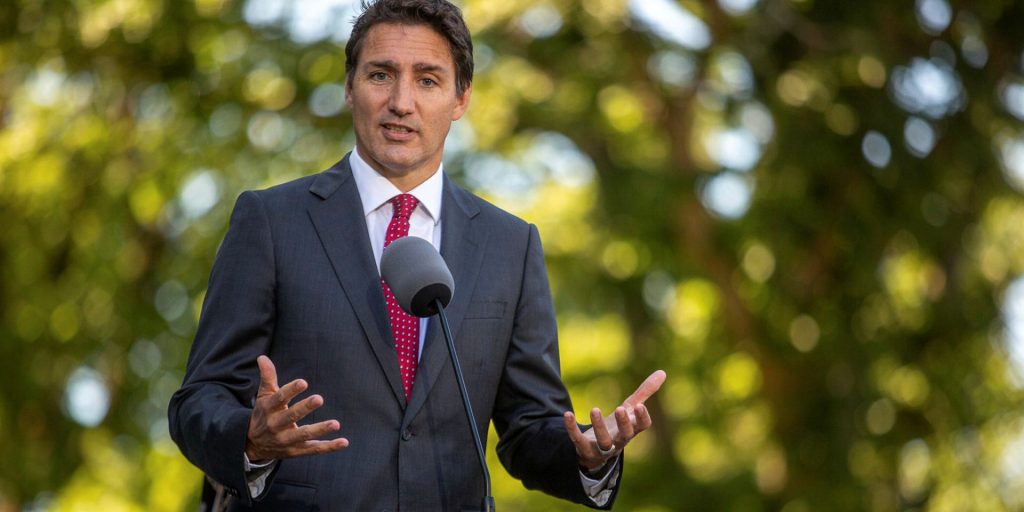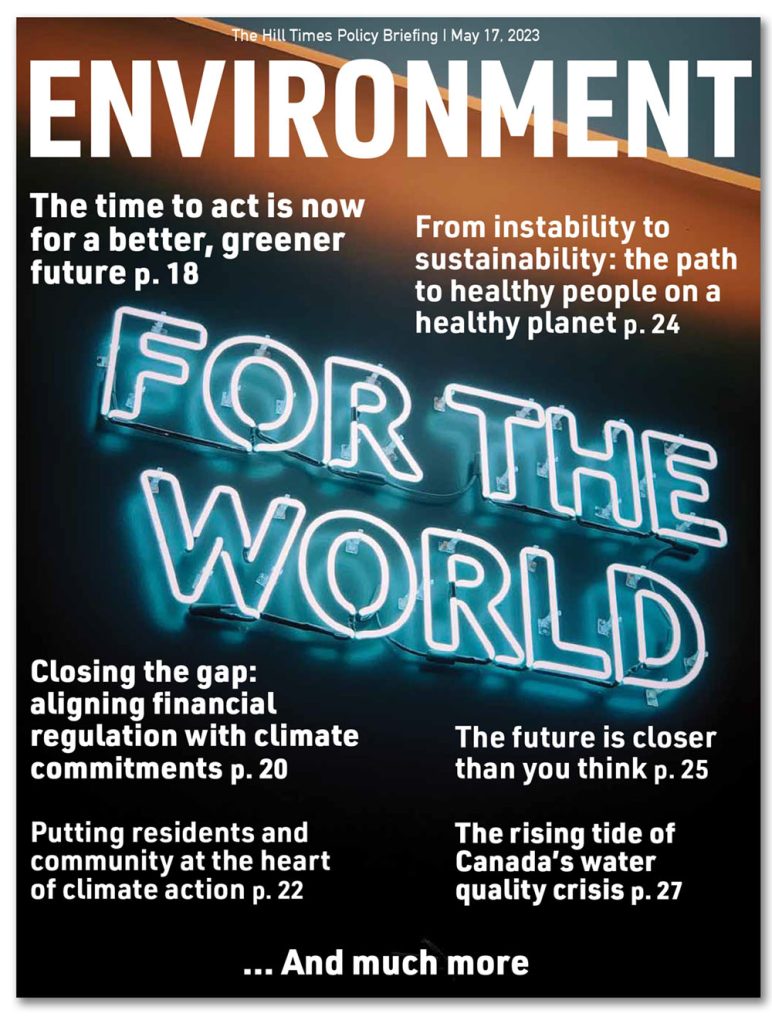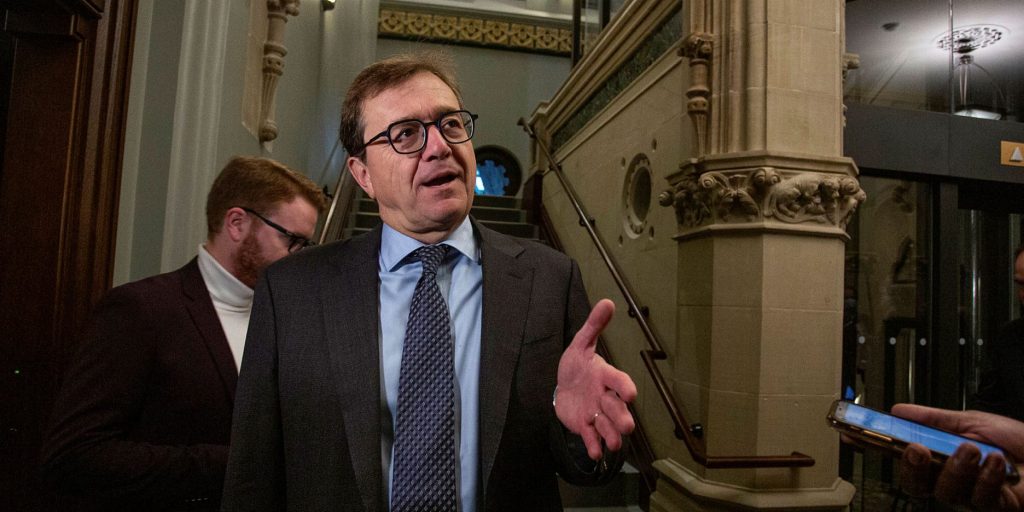When will Ottawa stop allowing cruise ships to treat B.C.’s coastline like their personal toilet bowl?

Transport Canada must escalate the pollution control and match the laws directly abutting Canada, instead of delaying regulations with voluntary half-steps.
Are the feds halting and reversing the progress made at COP15?

The Roberts Bank megaport approval casts a shadow on Canada’s domestic commitment to align federal policies and actions to its biodiversity commitments.
Legislation to exempt natural gas use on farms from carbon pricing focus of environment-heavy April lobbying

A priority for environment-related lobbying in April was Bill C-234, which would amend the Greenhouse Gas Pollution Pricing Act to exempt the natural gas and propane used on farms.
Signs of change: Parks Canada examines how we can address our past and future

The agency is grappling with twin challenges of how we contend with Canada’s history, and how we will respond to the effects of climate change in the future.
On climate change, we can’t be Waiting for Godot: British Columbia letter writer
We have been waiting for meaningful climate mitigation policies for some time, and as we wait, I am reminded of Samuel Beckett’s famous play, Waiting for Godot, and his two characters Vladimir and Estragon who wait for Godot who never arrives. We are waiting for someone to appear and make that transformative change on climate change. […]
Vegan diets and organic farming: two really bad ideas for the planet

Studies show organic farm yields are 20-25 per cent lower than on conventional farms. In a world of increasing food insecurity, this difference is huge; especially given that exports from major grain exporters Ukraine and Russia have been limited due to the war. And many developing nations are always on the edge of starvation, even in good years.
When the law fails to protect public health: opposing the Trans Mountain Pipeline Expansion

The federal government continues to promote fossil fuel extraction, including assuming direct ownership of TMX.
Environment

A focus on water can lessen climate change’s burn

Canadians need water infrastructure to protect us in the face of mounting risks of flooding, drought, extreme heat, and wildfires.
It’s time for responsible and effective climate mitigation

Governments must regulate an end to all fossil fuel expansion and a rapid wind-down of all present fossil fuel production on the best carbon budget schedule.

